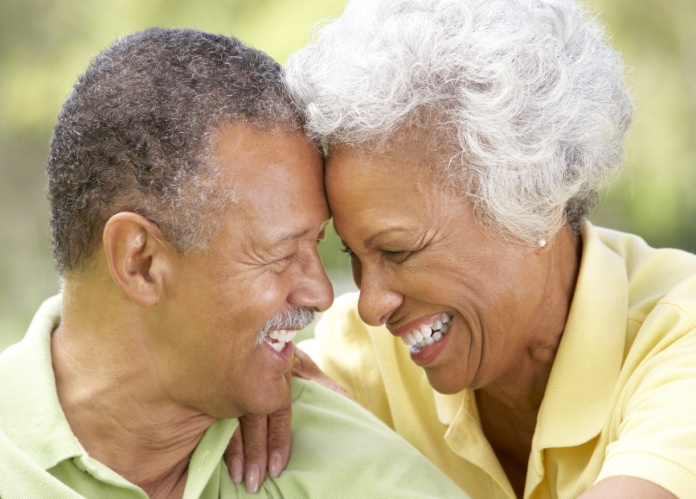 ATC
ATC
What Happens When You Age – A Scientist Debunks Popular Myths about Sex and Brain Power
Aging gracefully isn’t about trying to look like a 20-something — it’s about living your best life and having the physical and mental health to enjoy it. Like a bottle of wine, you can get better with age with the right care.
People over the age of 65 make up a larger percentage of the global population than ever before. As this ageing of society only really took off in the last century, it’s unsurprising that much of what we think we know about ageing is untrue.
The “facts” about ageing depict people as becoming somehow less – less capable, less vibrant, less flexible, less sexual and less fulfilled. But how many of these “facts” hold up to scrutiny? Let’s investigate five common beliefs.

Libido and Sexual Activity Decrease
This is not true. Hormone levels change as we age, but this doesn’t necessarily decrease libido. Indeed, for women, libido often increases after the menopause.
Older people’s libido may be lowered by chronic illness (such as diabetes and heart disease), drug side effects (antihypertensive drugs, for example) and marital unhappiness and boredom. So a decrease in sexual desire in old age is often due to events and circumstances, not to physical changes that come with age.
Having a sexual partner, however, is the strongest factor for determining how often older people have sex. Because women tend to marry older men, who die younger, older women’s reduced sexual activity is largely due to widowhood. Again, it’s not ageing per se that lowers libido and sexual activity, but events and circumstances that typically accompany ageing.
Brain Function Decreases Because of Age
Not true. Our neurons work differently in older age, and older people can have difficulties with thinking and remembering. But, as with sex, these abilities are strongly influenced by our social circumstances. For example, mental abilities are closely linked to supportive social relationships and physical and mental activity. Because we can change our social circumstances, we are likely able to offset the physical effects of ageing on our mental abilities.
We often treat young and middle-aged people’s mental abilities as the gold standard, but this is biased and leads to false conclusions. As we get older, we may think differently and at different speeds (we have more to remember), but this doesn’t make our thinking less keen, deep, creative, productive or meaningful. After all Peter Roget invented the thesaurus at 76 and Michel Angelo drew up architectural plans for the Basilica of Saint Mary of the Angels and the Martyrs at 88.
You Become More Conservative
Not so. Imagine ten people: one aged ten, one 20, one 30 and so on. The oldest is less liberal than the 60-year-old, who is less liberal than the 40-year-old, and so on. You might conclude people get more conservative with age. But you’d be incorrectly assuming that each person started out with the same political outlook.
You Become Less Happy
Happily, this is untrue. As a sociologist at the University of Chicago found, while happiness dips between the ages of 30 to 40, “overall levels of happiness increase with age, net of other factors”.
Why? First, younger people may be exposed to stressful events that older, retired, people are protected from, such as dips in wages or periods of unemployment or like my mother-in-law put it when asked on her 80th birthday “what was the best part of turning 80?” She said that she was so glad that the stage in her life when she was unsure about the security of her marriage was behind her.
Second, the older we get, the more we tend to focus on positive memories and information, and the better we become at regulating our emotions. And this upward trend continues until we’re “essentially dying”.
Your Immune System Weakens
It does, overall, but older people’s immune systems vary enormously. As researchers in France have found, being malnourished weakens the immune system, especially the very young and the very old, so if a 100-year-old woman was undernourished as a child as an older woman, she’d be doubly disadvantaged on the immunity front.
But she might also be less likely to catch a cold. We become immune for years, and sometimes even for a lifetime, to a specific virus after we are infected with it. Over time, we become immune to more and more viruses, so, the older we get, the fewer viruses can make us sick – assuming, of course, that we’re not deluged by a mass of new viruses. Again, it’s how we connect – and have connected – with the outside world that shapes our older age.
